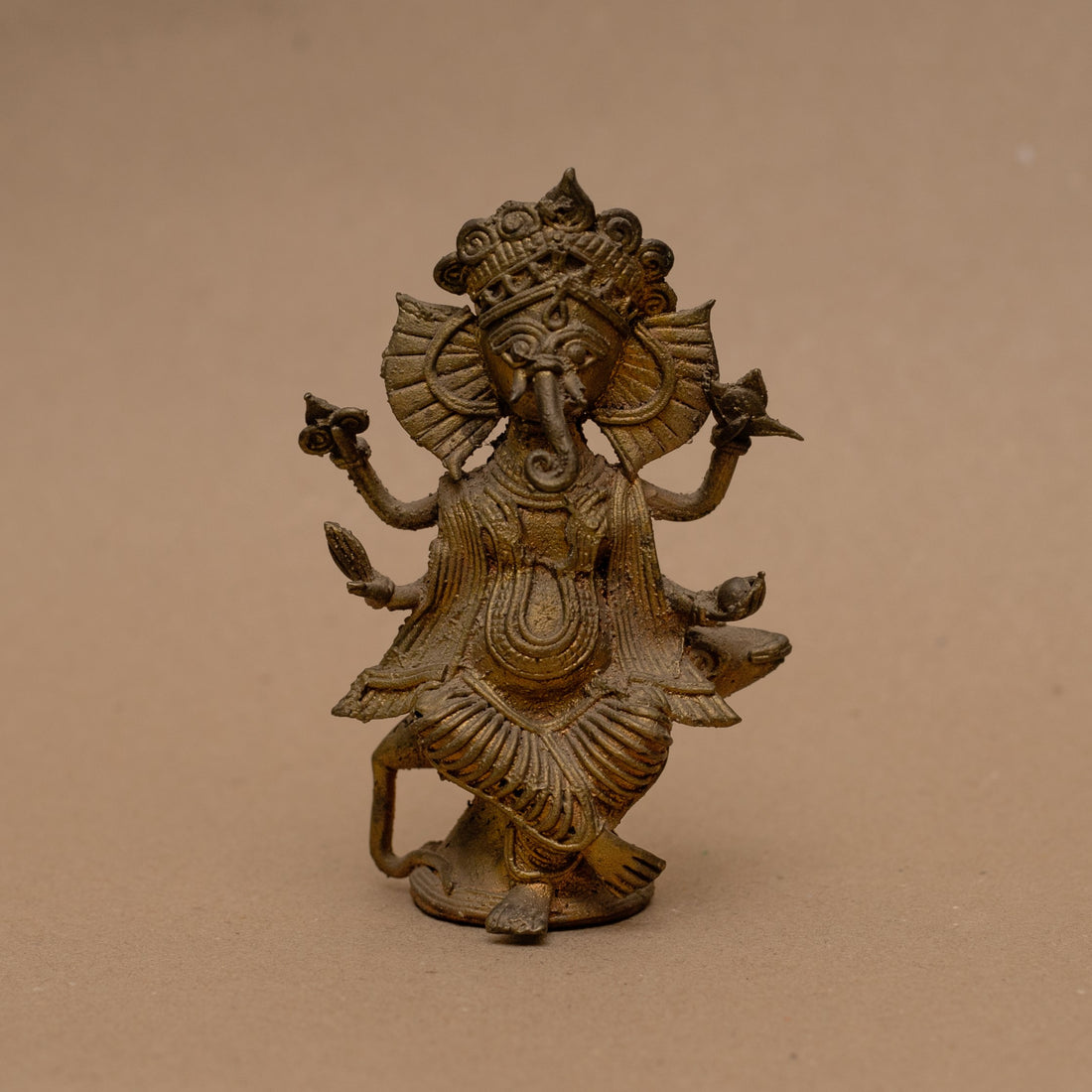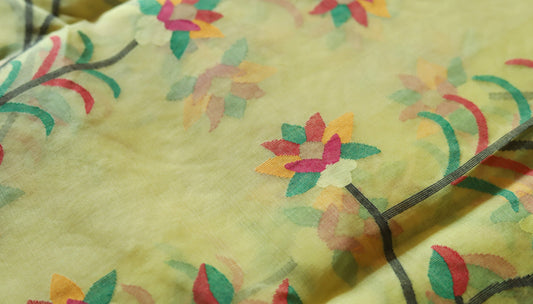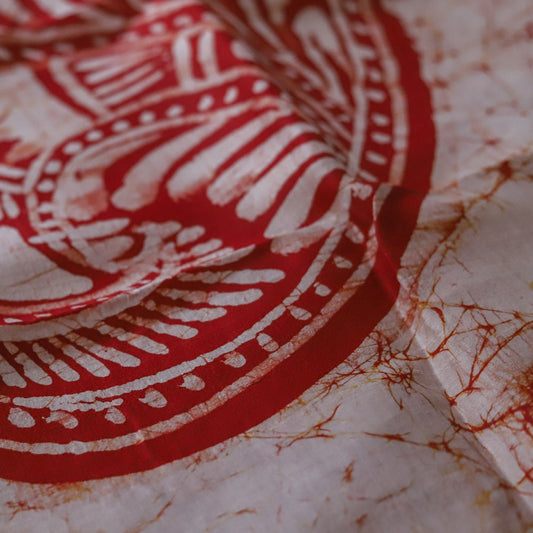
Dhokra Craft

The name ‘Dhokra’ comes from the Dhokra Damar tribes, the traditional metal smiths of West Bengal. It uses the traditional method of lost wax process of metal casting, which goes back to 4000 years.
The world famous figurine of the dancing girl from Mohenjo-daro (c. 2300 – 1750 BCE) is the oldest and most famous piece of Dhokra art from the times of Harappan Civilisation.
Craftsmen rely on the natural materials at their immediate disposal for making it – wax, resin and firewood from the riverbed clay, forest or underground firing oven. This craft uses a non-ferrous metal like copper and its alloys which do not contain iron i.e, brass (a mix of zinc and copper) or bronze (tin and copper). The rustic look of Dhokra object makes them look extremely striking and antique handcrafted products.
The casting is done using two kinds of processes – hollow casting method and solid casting where the former is traditionally used in West Bengal.
The craft is inspired by the tribal lifestyle, figurines of birds, animals, trees, mythological deities and more. It is entirely handcrafted by craftsmen using their intensive imagination and creativity making every piece of art unique. Although the products might appear similar, but none are replicated.
The ancient science combined with tribal simplicity, skill and creativity of the craftsmen results in these amazing creations. Normally, a simple figurine could take anywhere between over fifteen to thirty days to be made.
Unfortunately, there is a steep decline in the availability of Dhokra products because of the extremely time-consuming procedure, lack of inspiration, limited craftsmen, lack of encouragement expensive raw material.



